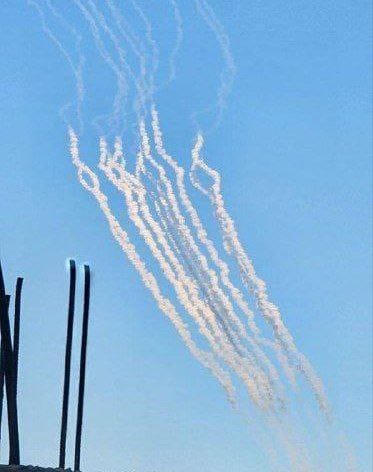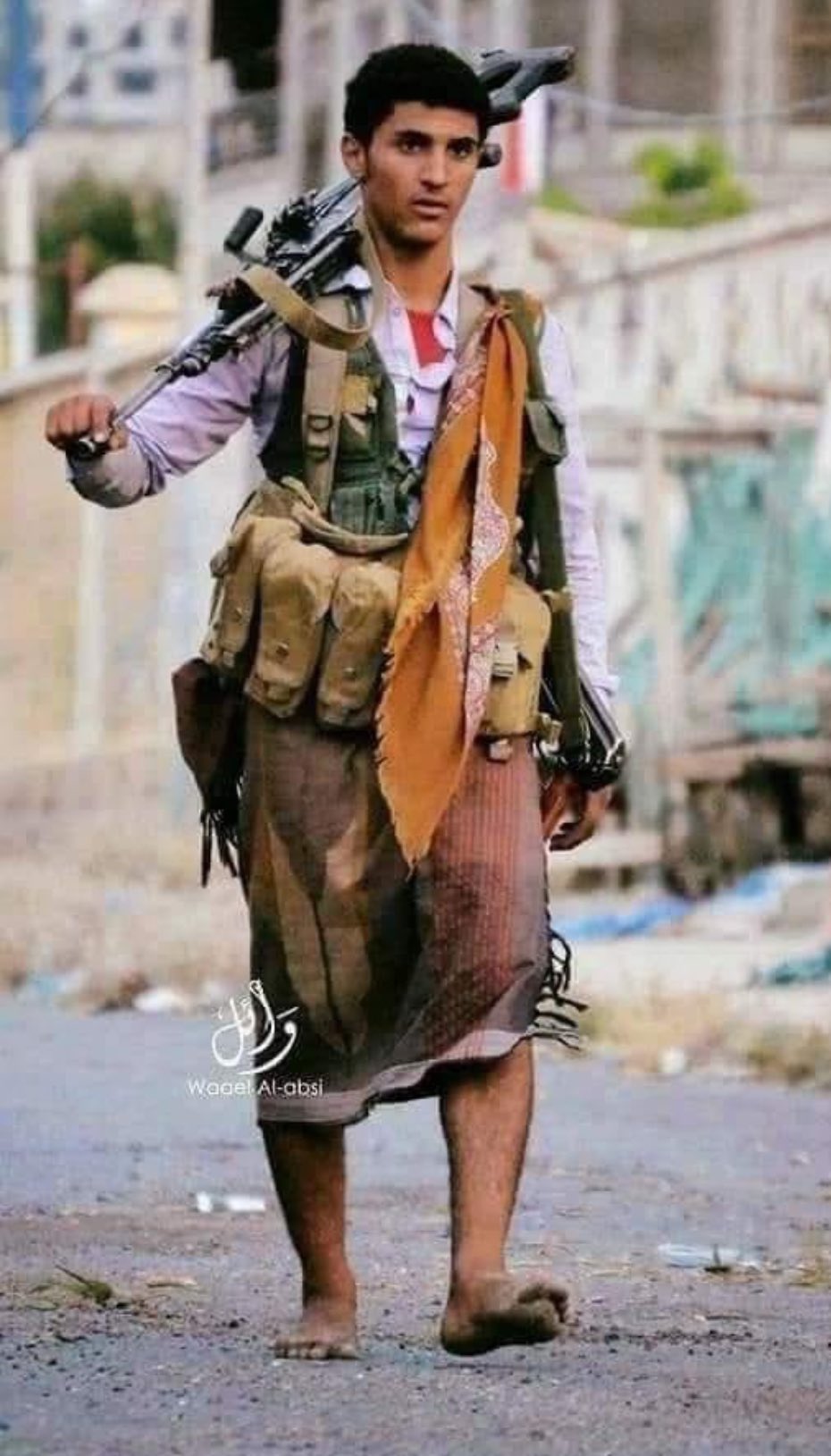
Its almost a reminder of the old days! The volley of missiles on Tel Aviv from Rafah, the first in four months, is sending shivers down the spines of Israelis who fear the worse is yet to come from Hamas and the Palestinian resistance.
The launch of 12 rockets on 26 May, 2023 by the Izz Al Din Al Qassam Brigade fighters and which landed on different parts of greater Tel Aviv comes at a time when the Israeli army is immersed in east Rafah and about to wage a full military camaign on the city under the pipedream slogan of eradicating Hamas.
https://twitter.com/timesofindia/status/1794732722411249937/video/1
But the timing of the firing of the rockets – a reach and distance of 140 kilometers from Rafah, the longest so far – is designed to send a strong message to the Israeli political and military establishments that the Palestinian resistance movement remains in top fighting form despite the bunk busters, dumbs bombs and missiles hurling down Gaza’s housing estates for the past eight months.
A mad number of 75,000 tons of explosives have so far been dropped on the 364-kilometer enclave. This is the equivalent of 37 atom bombs. But in spite of this, the Palestinian resistance are still strong with thousands of fighters, rockets, guns, machine guns and ammunition in their depositories across Gaza. As Hamas officials keep warning there is still more of that to be unleashed on Israel.
The fired rockets are a message that such weapons, bombs, and sniper rifles will continue to be used against the Israeli army, its soldiers, tanks and troop carriers for the forseeble future and if they insist on staying in Gaza.
The fired rockets show Hamas will continue to use them when the need be and as the battle requires. Now, the fight is against Israeli soldiers in Gaza but are fired into the Israeli depth now and then as a warning.
The rockets – unleashed after a tense calm – and all the way to the north of Tel Aviv, the major political, financial, economic, industrial and knowledge capital of Israel is devastating, jolting the Israelis back into sobering reality. Politicians, military officers, economic leaders and the ordinary are asking what more can be done by the way of the devastation the Israeli armed forces have carried out on Gaza since 7 October.
Videoclips on the social media show the timing when the missiles were heard in Kfar Saba, Herzliya, and Raanana, north of Tel Aviv were sirens blasted off to the panic of ordinary Israelis, quickly trying to move out of harms way whilst senseing fear and instability back into their lives.
The surprised rockets are expected to rattle the psychology of Israelis especially since they were fired 100s of meters away from Israeli troops in Rafah which means Palestinian fighters are actually amongst them incognito.
This should of deep concern to the Israeli Chief of Staff Herzi Halevi who worries about the state of his soldiers in Gaza, having been in daily battle for the last eign months, in turrain that is alien to them and aginst fighters who know only too well the nooks and cranies of the towns, cities, alleways, and roads of Gaza and where soldiers are being killed and maimed by the day to ghost Palestinian fighters.
Indeed, although a full scale invasion is yet to materialize in Rafah, the Israeli army is already bombing different parts of the city and has been doing so for the last 18 days. So the war there has already started.
The missiles into Israel, over Tel Aviv, cities in the center and in settlements around
Gaza are an addition and pressure to the real fight inside the enclave being helped by Hezbollah missiles penetrating into Israel, the Houthis from Yemen firing most at Eilat and the occasional firing, from islamists groups from deep inside Iraq.
Finally, the rockets are a warning by Hamas to Netanyahu not invade Rafah for the cost of doing so will be greater than you think, for the city will be the final graveyard of Israel soldiers and the over 100 hostages who are still held in captivity there.
But Netanyahu may not be thinking at all about that since he wants the war to continue to lengthen his time out of prison and play into the hands of the extreme right wing while claiming to want to eradicate Hamas. What he wants are unattainble objectives explained by the bad Israeli army situation in Gaza.

 Breaking | Yedioth Ahronoth: Sirens sounded in all cities of central Israel and Greater Tel Aviv after an intense missile barrage fired from Gaza.
Breaking | Yedioth Ahronoth: Sirens sounded in all cities of central Israel and Greater Tel Aviv after an intense missile barrage fired from Gaza.

 Houthis:
Houthis:




